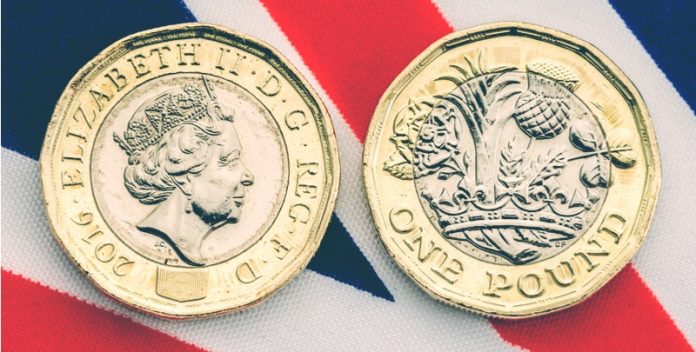After a live, televised multi-party debate, UK politics will be the central theme again on Thursday for the pound. One week to go until voting day means that UK political fears have been dominated the pound since the Conservative lead in the polls narrowed substantially some 10 days ago.
Polls continue to be the driving force behind the pound euro exchange rate, as the pound is reacting surprisingly strongly to each poll released. A poll pointing towards a hung parliament caused the pound euro exchange rate to tumble to a low of 1.1431, the weakest level for sterling in 10 weeks. A subsequent poll then showed the UK Conservative leader, Theresa May, with a slightly increased lead over the Labour Party of 15 points, which the pound responded to by rebounding higher.
The pound is wanting a solid win for Theresa May, with a strong majority for the UK Conservatives in the parliament. Investors believe that this combination will help Brexit be pushed through Parliament in the smoothest possible manner. A smooth Brexit is considered positive for the pound.
Moving away from politics, demand for the pound could drop further if latest UK economic indicators fail to impress. Today’s manufacturing data, as measured by the manufacturing purchasing managers index (pmi), will be the first of three sets of figures which will provide an insight as to how the UK economy is holding up in the run up to the general election and during Brexit. Whilst manufacturing isn’t a large contributor to the UK economy, often when combined with the construction pmi, which will be released on Friday, together they create an expectation for the service sector pmi. The service sector pmi is hugely important, as services contribute to around 80% of the UK economy. Fluctuations in the growth of the service sector pmi can potentially adjust the pound’s value quite considerably. After a slow first quarter, investors will want to see signs that the economy is picking up in the second quarter of the year.
| Why does strong economic data boost a country’s currency? |
|---|
| Solid economic indicators point to a strong economy. Strong economies have strong currencies because institutions look to invest in countries where growth prospects are high. These institutions require local currency to invest in the country, thus increasing demand and pushing up the money’s worth. So, when a country or region has good economic news, the value of the currency tends to rise. |
European Commission seeks to strengthen European monetary union
Demand for the euro has remained fairly solid, despite mixed data being released from the eurozone so far this week. The single currency has also received a boost following proposals by the European Commission that would hopefully strengthen the monetary union. A stronger monetary union would create a firmer base to the euro which is considered positive for the euro.
This publication is provided for general information purposes only and is not intended to cover every aspect of the topics with which it deals. It is not intended to amount to advice on which you should rely. You must obtain professional or specialist advice before taking, or refraining from, any action on the basis of the content in this publication. The information in this publication does not constitute legal, tax or other professional advice from TransferWise Inc., Currency Live or its affiliates. Prior results do not guarantee a similar outcome. We make no representations, warranties or guarantees, whether express or implied, that the content in the publication is accurate, complete or up to date. Consult our risk warning page for more details.
This article was initially published on TransferWise.com from the same author. The content at Currency Live is the sole opinion of the authors and in no way reflects the views of TransferWise Inc.





